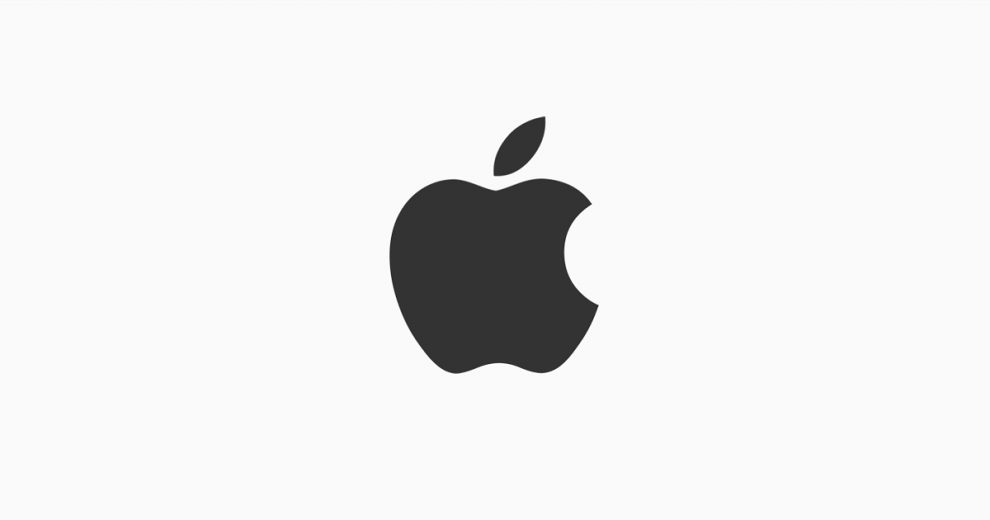Apple Inc.’s celebrity-laden product launch Monday unveiled new services for reading news, playing videogames, watching TV shows and a new credit card to pay for all of it, but left too many questions for elicit excitement from consumers or investors.
Apple AAPL, +1.43% unveiled four new offerings Monday for its growing services business, a big area of focus for the company amid a slowdown in iPhone sales: a media service for reading news, a streaming video service, a streaming videogame service and an Apple Pay-connected credit card with no fees. Yet Apple offered a price for only one of the new subscription offerings, the News+ app at $9.99 a month, and even that service left some questions about content unanswered.
These efforts are either re-dos of prior efforts by Apple — such as News+ (hello again, Apple Newstand?) — or forays into extremely competitive markets, such as original video content, videogame streaming and fee-less credit cards. If anyone needs a reminder of how competitive and costly some of these arenas can be, just take a look at Netflix Inc.’s NFLX, +0.20% negative cash flow and its high content costs, and the host of growing entrants into videogame streaming, including news last week from Alphabet Inc.’s GOOG, +0.84% Google and its Stadia service.
The most innovative and potentially lucrative unveiling was Apple’s new credit card, produced in conjunction with Goldman Sachs GS, +1.21% , which sounds like it may be a good deal and is designed to encourage more use of its payments system, Apple Pay. But that too is an extremely competitive market, with similar credit cards that have even broader user bases, while Apple is limiting its card use to iPhone users with Apple Pay.
“Because this card is so integrated with Apple Pay, you need to be an iPhone user to maximize your benefits,” said Ted Rossman, an analyst at CreditCards.com, in an email. “That sounds obvious, but at a time when Apple’s phone market share is declining (from 18% in Q4 2017 to 16% in Q4 2018), it’s a bit surprising to see Apple doubling down here. By contrast, you don’t need to use Uber to get high-end cash back from the Uber Visa Card (notably: 4% at restaurants). Apple could have made a similar push for a broader customer base but did not.”
The news that packed the most punch during a nearly two-hour product launch at Steve Jobs Theater in Cupertino, Calif., was Apple TV+, its video streaming service, and some of the hints it offered. Apple trotted out celebrities, ranging from actors Reese Witherspoon, Jennifer Aniston and Steve Carell to promote their upcoming drama series “The Morning Show,” about a network morning-news show; to director Steven Spielberg and a revival of his 1980s TV series “Amazing Stories”; to Oprah Winfrey touting a new book club and two documentaries in the works.
“We believe Apple’s goal here is to be a major distribution platform for content, with 1.4 billion active iOS devices worldwide, and with the theme of family and a safer viewing platform, Cupertino is trying to differentiate itself versus competitors and flex its Apple-brand muscles to get more consumers on this ‘trustworthy’ platform,” said Dan Ives, a Wedbush Securities analyst, in a note to clients.
However, there were no clips of the actual shows that Apple is promising, and even with star power behind its original series, Apple needs streaming rights to tons of other content to be a true competitor to Netflix and Amazon.com Inc.’s AMZN, +1.03% Prime Video service. The high cost of producing or acquiring content may also end up countering any additional revenue gleaned from the service and hardware sales. Apple’s Arcade videogame service was missing any big-name partners — such as Electronic Arts Inc . EA, +0.67% , Activision Blizzard Inc. ATVI, +1.23% , Take-Two Interactive Inc. TTWO, +0.49% or even old pal Nintendo Co. Ltd. 7974, +4.76% — that would help drive adoption by gamers.
The partners Apple does have, and the content they will provide, were in question even after Apple executives announced it on stage. The News+ app seemed to offer a great deal on content from The Wall Street Journal, for example, but hours after the event ended Monday, nobody seemed absolutely sure if News+ subscribers would receive access to all of the WSJ’s content — which typically costs hundreds of dollars a year — for the $9.99-a-month price.
A statement on the Dow Jones website by CEO and Publisher William Lewis said the content for Apple would be a “specially curated collection of general interest news from The Wall Street Journal,” a message that was seemingly repeated in a later interview. Yet journalists were still reporting Monday evening that the full Journal slate would be available on Apple News for the standard subscription price, and the Journal itself published an article Monday night saying that “the paper’s entire slate of business and financial news will also be searchable within the app,” citing “people familiar with the situation.” Officials at Dow Jones, which also owns MarketWatch, and Apple did not respond to questions Monday afternoon about what exactly the Apple News+ version of The Wall Street Journal will include.
While the question of whether the Journal will offer all of its news to Apple News+ subscribers will prove to be minor for Apple’s financial success in the future, the confusion and lack of response is emblematic of an inauspicious start to Apple’s big push to take more money out of consumers’ pockets every month. Without complete information on pricing and the content that they will receive, it will be hard for any consumers who aren’t already superfans of Apple to be excited about these services.
Investors, who sent Apple stock down 1.2% in Monday’s session, will also need much more information to know if the subscriptions will boost Apple’s revenue and profit enough to make a difference. While these “Plus” services are clearly Apple’s new direction, nothing said on Monday promises to add significantly to Apple’s massive cash pile, and could be a net negative, at least in the short term.
Story cited here.












